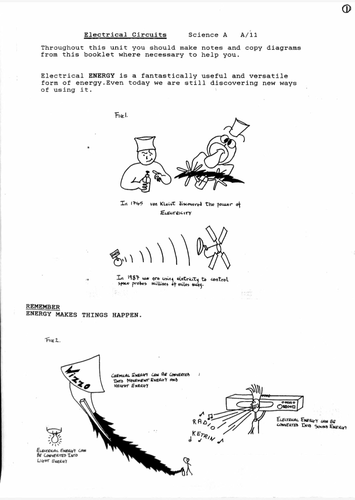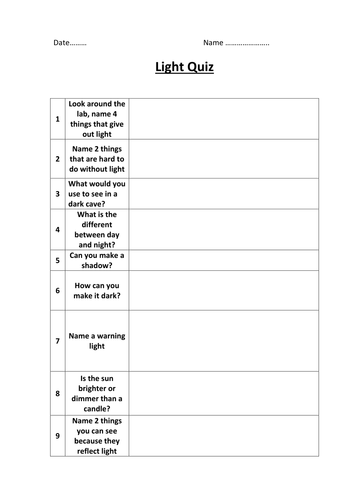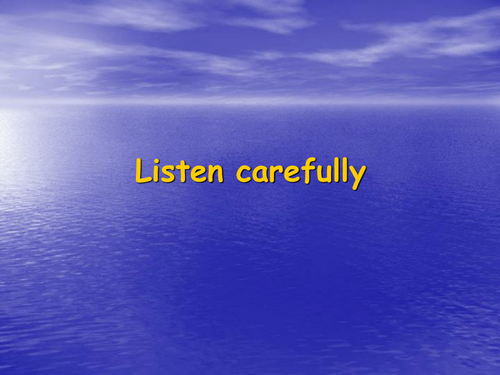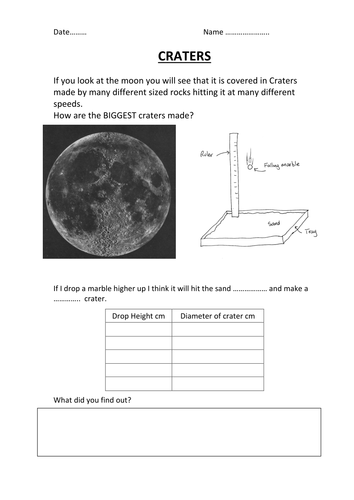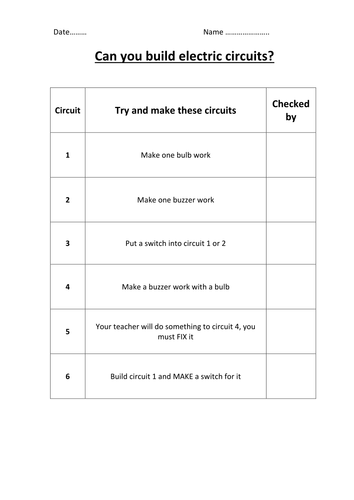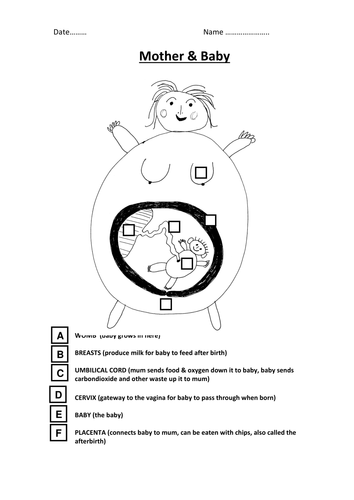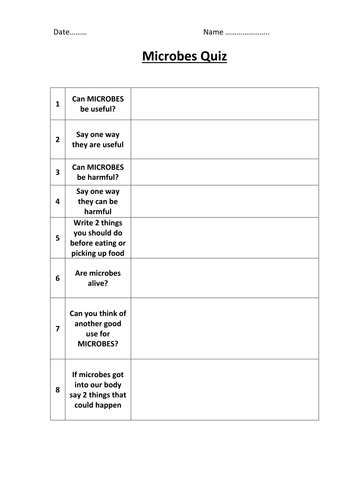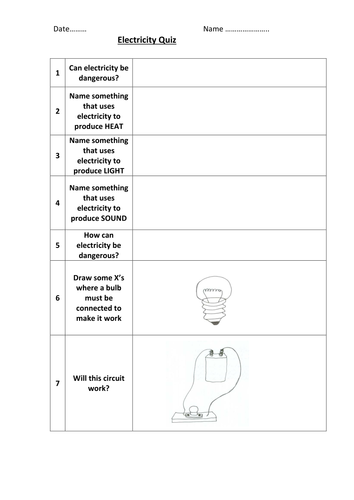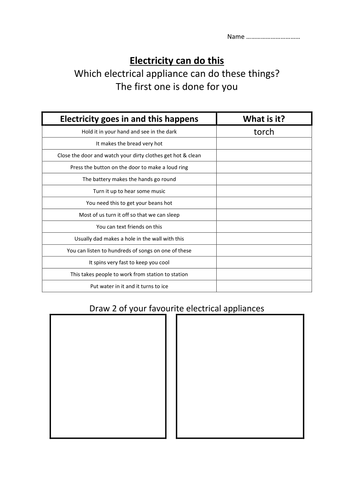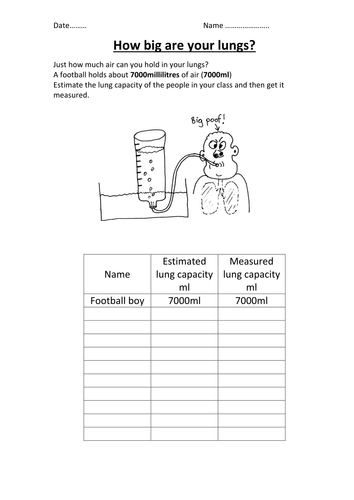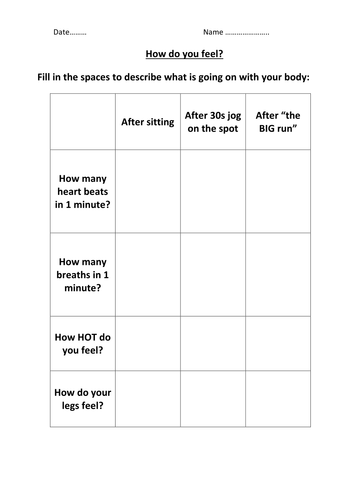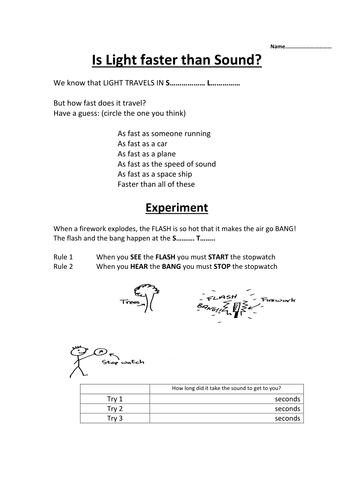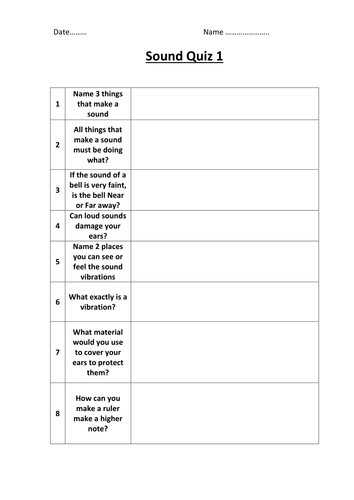
69Uploads
14k+Views
497Downloads
All resources

A Basic course in Electricity
Suitable for students and non "physics specialist staff"
Plenty of anecdotal info, historical info but particularly the basics of what electricity is, current, voltage, series, parallell circuits.
plenty of activities and worksheets as well as calculations to do and done for you.
Some of the info is dated as I wrote it in the late 80s but still applicable.
basic stuff can be used with primary but higher level work is appropriate for KS4 and can reinforce work in KS5 especially clearing up some misconceptions I have met in students over the years.

Red & Blue Litmus
Using red & blue litmus to investigate different substances.
Both red & blue results are required for correct results

Listen...can you tell what itis?
A nice powerpoint bunch of slides..sound followed by the answer, you can edit the answers to suit yourself and names of staff for a bit of fun.
Add extra slides with your own sounds/student's or staff voices. Use your imagination...the idea is to recognize sounds...they can be anything..dropping things, flushing, rubbing, scratching, pets, etc etc etc

CRATERS
A set of experiments designed to get students thinking about possible VARIABLES that may make craters bigger or smaller. This can lead to a full investigation once the student has chosen a "good" (more controlable variable)

Acid, Alkali or Neutral 1
A nice colourful worksheet to be filled in whilst a selection of substances are tested

Acids, Alkalis or Neutral 2
A nice colourful worksheet to be filled in as a selection of substances are tested with pH included

Building Electric circuits challenge
3 activities which I use in turn. As soon as the student has completed the first activity and had it checked, they get the next one.
Students love the challenge.
It is not a race!
Students learn through trial and error as well as each other

Babies
A basic worksheet with my drawing of a baby inside the womb. Works well with most students and promotes discussion

Microbes quiz
Short simple quiz that allows you to judge the understanding and level of your students

Electricity quiz
Short simple quiz that allows you to judge the understanding and level of your students

FORCES powerpoint
Simple visual introduction to FORCES should generate discussion and relevance to student's lives.
All slides have lovely movements and funny stuff

Protecting eggs, no parachute allowed
Moving on from parachuting eggs this activity gets students to accept it will hit hard so must be protected another way

Electricity can do this quiz
simple worksheet which gets students thinking about everyday appliances in a more scientific way

How big are your lungs
A measuring lung capacity activity, staff lead.
You will need a large plastic bottle, I used a 5litre (windsreen wash topup bottle-empty and washed, and for smaller children a 2 litre coke bottle), mark the volumes with permanent pen on the outside of the bottle (add 100ml of water at a time to see where the marks should go. Have a steriliser solution in a beaker(baby bottle tablet types are great, as well as a rinse beaker to clean the mouth part of the pipe each time.
In one big breath students blow into the upturned bottle and their lung volume is recorded.
For younger students you can give each student an identical balloon (care with latex allergies) and get them to blow in one breath, tie up and stick "same size" balloons on board like a bar graph but made from balloons. Different colours look great. Visualy you see a bar graph on the wall made from balloons with the most common lung capacity having the tallest column of balloons.....then you can work on "real" bar charts

How do you feel after excercise?
Getting students to think about any changes to their body due to excercise.
This involves 3 levels of excercise (more if you wish) after which the students need to measure/monitor changes in their body.
This leads onto the 2 more activies/worksheets about lung capacity

Speed of Light vs speed of sound
A beautiful demo with students timing with stopwatches.
I typically do this around bonfire night, but if you buy some rockets (the banging type) you can do this anytime.
You really need a school playing field with no sports or the like going on.
Wedge the wooden stick of the rocket (any size will do) into the ground in one corner of the field, get students with stopwatches as far away from the rocket as poss (yes for safety..but more importantly the further the better results you get)
YOU light the rocket and let students 200/300m away know that by usual jumpimg up and down or arm waving...students prepare to start stopwatches as soon as they see the FLASH (on the ground because the rocket is wedged into the ground)...the sound of course eerily does not get heard until a second or so later.
Do this as many times as you have rockets, all results can be pooled and averaged later on.
There is scope for this demo to be done a mile or 2 apart..using mobile phones and taking students to a nearby park..the rocket is released and explodes high up above school field...students do the timing thing from as far away as is practicable...Google maps will give you an accurate distance to calculate speed of sound should you wish

Cells and microscopes assesment
A differentiated test which assesses studenta around level 1 to 4 (old NC levels)
You can of course alter in any way you wish. The assesment requires students to use a hand lens to draw what they see.
The scores are 0, 1 or 2 (you change or delete as you wish) the idea being 0=no understanding, 1=some understanding, 2=understands fully...this helps you gauge the level of understanding for this topic
Good luck

